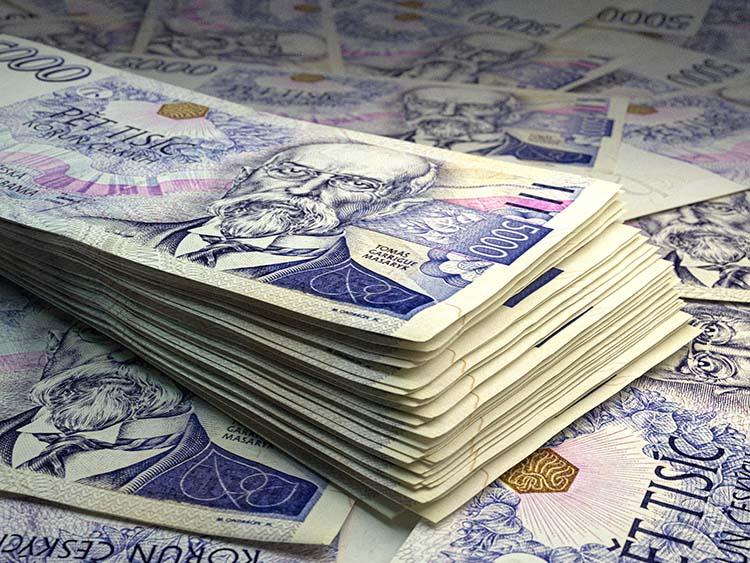Analysts predict Czech inflation slowdown in August, approaching 2 percent
Inflation in the Czech Republic is expected to have slowed in August, nearing the central bank’s 2 percent target, with some analysts predicting it may even dip below this level for the first time this year. The forecast, made by analysts polled by the Czech News Agency (ČTK) and the Czech National Bank (CNB), reflects cautious optimism. However, experts warn that the estimate is clouded by uncertainty, particularly due to fluctuating food prices. The official inflation data for August will be released by the Czech Statistical Office (ČSÚ) on Tuesday.
“August saw declines in fuel, clothing, and footwear prices compared to the previous month, with food prices likely ticking downward as well,” said Vít Hradil, chief economist at Cyrrus. “Conversely, sectors like recreation, culture, catering, and accommodation likely saw price increases. Housing and household equipment prices are expected to have stagnated. Overall, we estimate a slight month-on-month increase of 0.05 percent, which would result in year-on-year inflation exactly at the central bank’s target of two percent,” said Hradil.
Raiffeisenbank analysts are slightly more optimistic, forecasting that annual inflation dropped from 2.2 percent in July to 1.9 percent in August. They highlighted the positive impact of falling fuel prices, marking the first significant decline in this category in recent months. “Food prices continued their downward trend, similar to July, but a more substantial decrease is possible, which could push inflation significantly below the 2 percent mark,” Raiffeisenbank said.
However, the bank’s analysts cautioned that inflation figures have often deviated from market expectations recently, primarily due to unpredictable changes in food prices. “Food prices have frequently strayed from normal seasonal patterns, influenced by factors such as the VAT reduction from 15 percent to 12 percent, lower agricultural production prices, increased competition, and more cautious consumer behavior. These factors introduce a high degree of uncertainty into any inflation forecast,” they added.
The CNB’s latest macroeconomic forecast, issued in early August, anticipates that inflation slowed to 1.7 percent in August. However, the central bank expects inflation to rebound to 2.2 percent year-on-year in September, with experts predicting a temporary spike in the months ahead.
“In the coming months, we foresee inflation returning to higher levels, driven by the lower comparison base from last year and continued declines in food prices,” Raiffeisenbank analysts warned.
The Czech Republic has been grappling with high inflation since 2022, with rates surpassing double digits throughout much of that period. Inflation fell below 10 percent in June 2023, and dropped to 2.3 percent this January. Since then, it has remained within the upper half of the CNB’s target tolerance band, which allows for one percentage point above or below the 2 percent goal.
Source: ČSÚ and CTK









